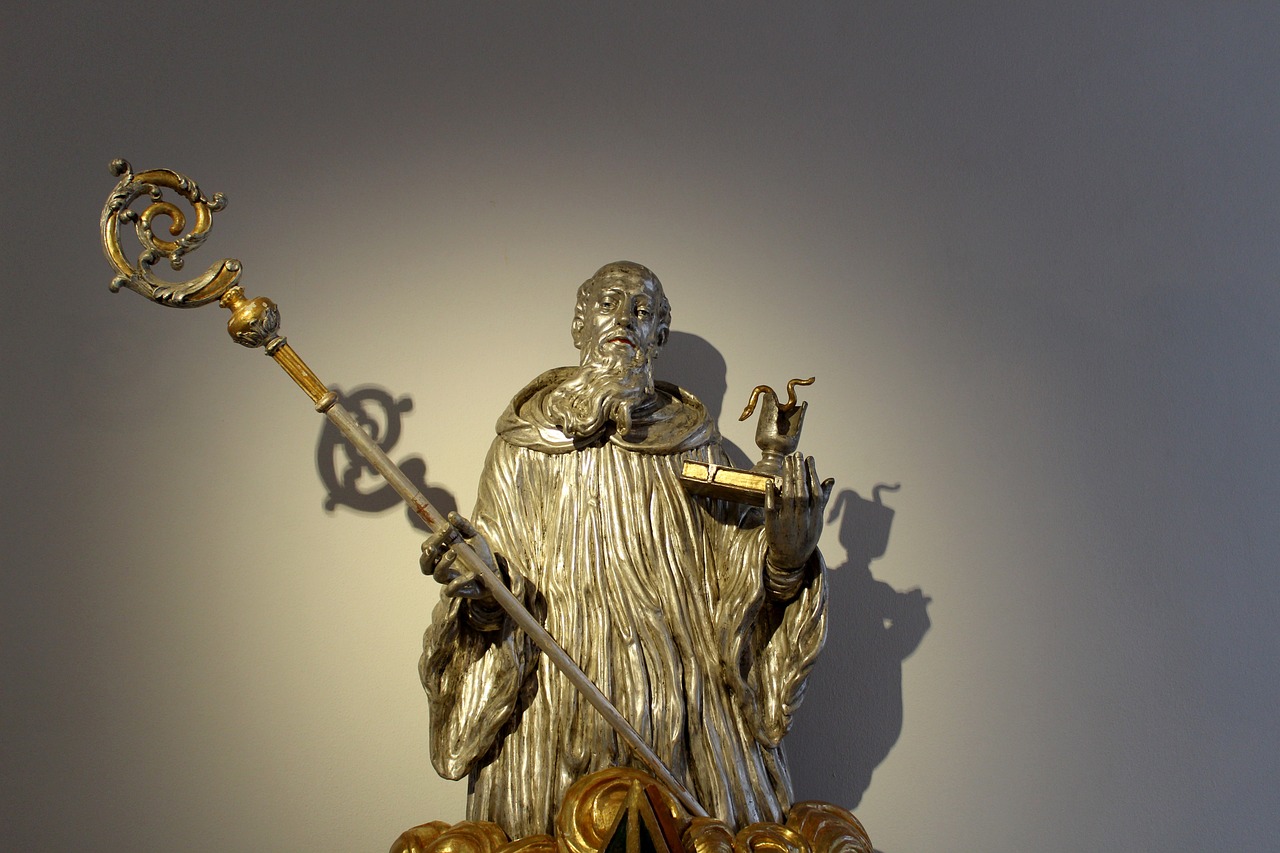With both John Main and Laurence Freeman being Benedictine monks it is understandable that their teaching has been influenced by the way of life that the Rule of St Benedict encourages. Of the three Benedictine vows, which also form the context to being an Oblate – Obedience, Conversion and Stability – it is obedience that causes sometimes initial misgivings. A characteristic of our Western civilisation, especially since the two World Wars, is that we mistrust authority and coupled with that also obedience. Authority has been found wanting; with the result that we are very wary of obeying those in authority whether it be Church or State. But St Benedict says in Chapter 71 of his Rule: “Obedience is a blessing to be shown by all, not only to the prioress and abbot but also to one another, since we know that it is by this way of obedience we go to God.”
Often when we read this chapter in the Rule we hurry across it. But if we do so, we miss an important point. Already in the Prologue to the Rule St Benedict starts by stressing obedience, but there it is translated from the Latin in the original meaning, namely ‘listening’: “Listen carefully, my child, to my instructions, and attend to them with the ear of your heart….the labour of obedience will bring you back to God.”
It is obedience in the sense of truly listening with the ear of your heart that changes the whole impact of this teaching. Truly listening not only to the prioress and abbot but also to one another, is the bedrock of community. Because of this truly paying attention to one another is a precious gift we can offer each other. As Simone Weil reminds us, “Those who are unhappy have no need for anything in this world but people capable of giving them their attention.” We are our brother and sister’s keeper.
When we truly listen, we connect from essence to essence – we honour one another; in truly listening to the teaching we honour our teachers. Meditation too is a way of obedience, of truly listening with the ear of the heart to the inner voice – the Spirit; in so doing we are led to the mystery of God, which St Paul discloses, means: “Christ in you, the hope of glory to come.” This is also John Main’s essential message to us in ‘Word into Silence’: “The mystery into which meditation leads us is a personal mystery, the mystery of our own personhood, which finds its completion in the person of Christ.” This is essentially what gives our meditation its unique Christian flavour.
But that is not the end – we are drawn further into the mystery of God “In Christ lie hidden all God’s treasures of wisdom and knowledge.” The result of this being drawn into the mystery of God is wholeness of being. Our centre shifts from the ego to our true centre, the self, the centre of our total being, conscious and unconscious.
Our wholeness does therefore not depend on blindly obeying authority and its need for control, does not depend on our following uncritically the surface rules and regulations, but depends in fact on deeply listening to both the voice of natural authority and the moral essence of the rules and regulations.
Image by Birgit Böllinger from Pixabay





